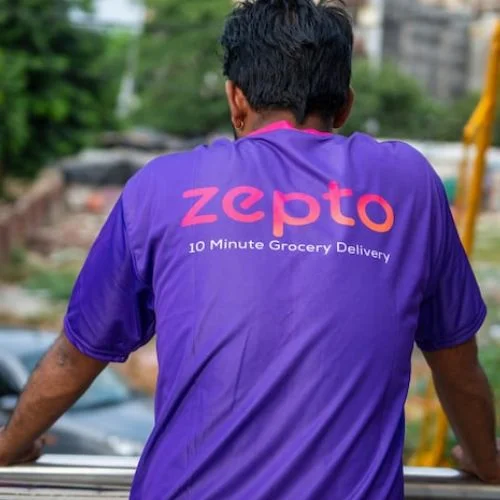The Delhi High Court on Thursday ordered Go First’s resolution professional to disclose critical aircraft records with its lessors within a week.
Documents include those referring to the removal of components associated with engines and airframes, as well as those dealing with storage, historical records, internet records, and any document essential to the aircraft’s airworthiness.
Hearing the Go First lessors’ petition, the court’s single bench further directed the Directorate General of Civil Aviation (DGCA), operating via the Bureau of Civil Aviation Security (BCAS), to provide lessors access to relevant papers.
Furthermore, the court ordered that security measures be put in place to allow lessors to examine the aircraft. While Go First will continue to be responsible for aircraft maintenance, lessors can examine the aircraft as part of their agreement.
The court’s injunction is likely to influence Go First’s comeback, since the airline may be unable to access these planes for operations.
Lessors such as BOC Aviation (Ireland) Ltd, ACG Aircraft Leasing Ireland, and DAE 13 Ireland Designated Activity Co. filed fresh petitions after finding their parked aircraft in bad condition during inspections, which the court now dismissed.
In this case, three lessors accused Go First’s resolution professional of failing to preserve the lessors’ assets. The RP argued against the plea’s maintainability, claiming that it had already reached its conclusion in prior rulings in the matter.
BOC Aviation advised the court that their jets were in disrepair, with problems such as inadequate maintenance of the landing gear and main body. The aircraft was not only filthy but there was algae present due to water collection since the planes were not covered during storms.
BOC said that it discovered scrapes on the panels as well as indicators of poor maintenance. BOC further stated that its jets were in long-term storage in Coonoor even before the embargo and that the engines were removed since no flight had taken place since December 2022, contributing to the deterioration of their planes.
Meanwhile, in its plea, DAE 13 Ireland Designated Activity Co-accused Go First of failing to pay employee wages in August, resulting in bad aircraft conditions such as a filthy fuselage and rust in different elements such as brakes. They further alleged that Go First concealed critical airplane documentation, causing airworthiness checks to be hampered.
ACG expressed worry in a second filing about important components missing from the leased aircraft, including fan blades, and requested Go Airline to replace all missing parts quickly.
The RP argued that the single bench should not issue any instructions because, under the “doctrine of merger,” its 5 July ruling had already merged with the high court’s 12 July division bench order, which had been sustained and amended by the Supreme Court. As a result, only a higher authority, such as the division bench, may handle these petitions.
Separately, in the aircraft deregistration case before the high court, the airline’s lessor requested that the aircraft be deregistered in light of the Ministry of Corporate Affairs’ recent revisions to the Insolvency and Bankruptcy Code. On October 19, the court will hear this matter.
Insolvent Go First may soon find a new owner, according to media sources, since the airline has received an expression of interest from Jindal Power Ltd.
Go First filed for bankruptcy owing to financial difficulties caused by faulty Pratt & Whitney engines, and the NCLT accepted its plea on May 10, resulting in the suspension of the airline’s board.















